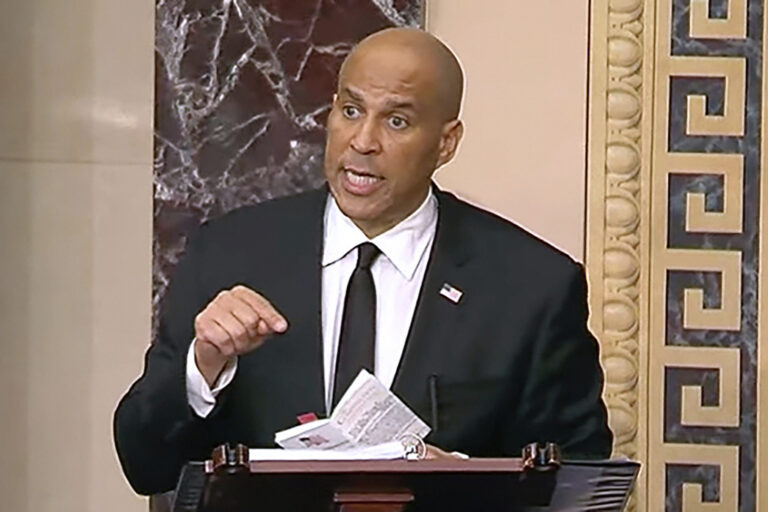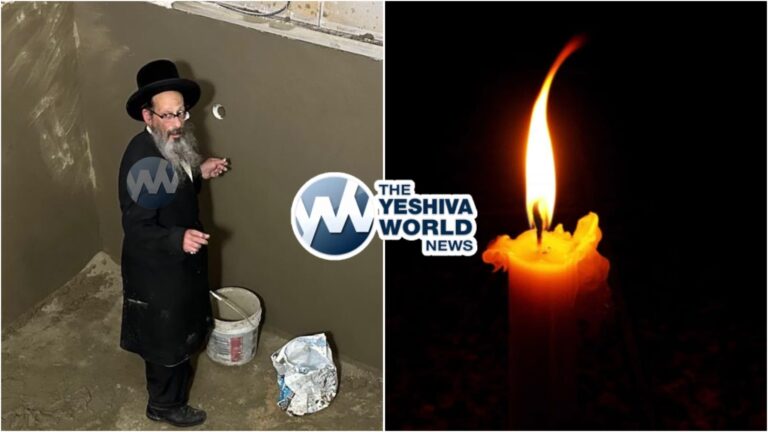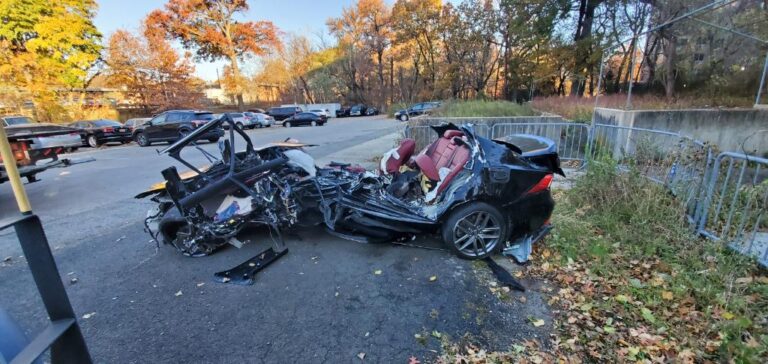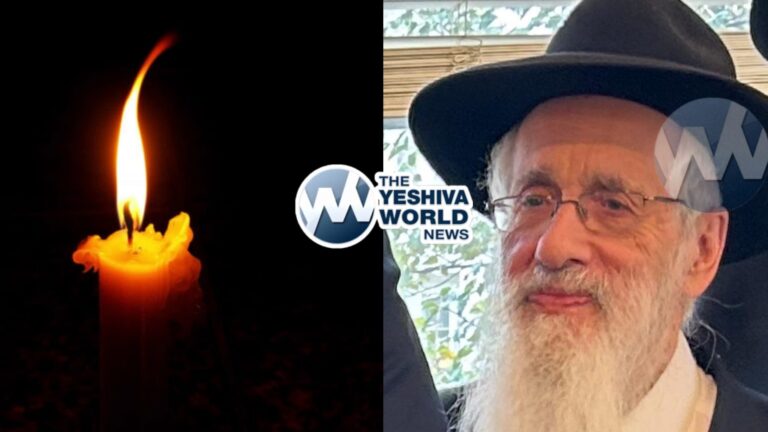There is an article in today’s Asbury Park Press about residents of a condominium complaining that a home was converted into a Shul – in violation of the bylaws of the A Country Place Development. The 376 unit retirement community had some residents complaining at the at the condominium association’s last meeting that the Shul was an infraction of the rules, while Jewish residents insisted the Shul had a right to stay.
The objectors cite a bylaw that states: “All units, without exception, are for residential use only.”
From the outside, the unit used as a Shul on Azalea Court does not look altered or expanded.
The association president, Josephine Mazzio, declined to comment to the APP and referred questions to their attorney – who also declined to comment.
Township Committeeman Meir Lichtenstein said he has received calls recently from Orthodox residents who are upset.
“Being that some living there are elderly or hard to maneuver, I think they wanted something in the community so these people didn’t have to walk far since they can’t drive a vehicle on Shabbos,” he said.
Rabbi Moshe Zev Weisberg, a member of the Lakewood Vaad said the issue is reflective of an ongoing battle across the country, with courts “time and time again” ruling that prayer sessions in private homes is a religious right. He said courts will generally overrule local bylaws, such as those used by A Country Place.
“But when it rises to the level of a full-blown synagogue I don’t know where the line is drawn,” Weisberg said.
Mayor Raymond G. Coles suggested that residents on both sides of the dispute meet with the town’s mediator, Michael Bateman, who has solved similar residential disputes in the past.











2 Responses
yes but the residents dont seem to be complaining that the home values are doubling…de altichkes there have way too much time on their hands they should volunteer at a local salvation army…
With Regards to Meir Lichtenstein’s comment that “I think they wanted something in the community so these people didn’t have to walk far since they can’t drive a vehicle on Shabbos”. Why was that not a consideration when they moved there? If this was so important to them, they should have looked for someplace that would accommodate this, not the other way around. This rule was there to begin with; it didn’t get added because they wanted a shul. Would the same sentiments be expressed if the non-Jewish residents of A Country Place had set up a church in one of the houses? Or- honestly- would the reaction have been that ‘The objectors cite a bylaw…’, just as the other residents are doing?
The unanswered question is: who attends this shul? Is it only A Country Place residents? Or is it people from outside of A Country Place who maybe don’t wish to cross Central Ave? It’s a question worth asking if Mr. Lichtenstein wishes to make that argument.